(lubavitch.com) As memorial events in India this week mark the first year anniversary of the Mumbai terror attacks, the Chabad Mumbai Relief Fund will host two ceremonies Thursday at Nariman House. One year later, the massacre which left 173 people dead is still fresh in the minds of Mumbai’s citizens.
On November 26th, 2008, the local Chabad House (also known as Nariman House) was targeted as a Jewish site and besieged. Six people, including Rabbi Gavriel and Mrs. Rivkah Holtzberg, the center’s beloved directors, and four guests, were killed.
Since the attack, Nariman House remained closed to the general public. Thursday, organizers anticipate at least 600 people will pay their respects during the four-hour open house. Much of the original wreckage remains.
The memorial will focus both on the Holtzbergs’ legacy and the call to harness their achievements for further good.
“Our memorial is one of many taking place across the city,” says Rabbi Avraham Berkowitz, director of the Chabad Mumbai Relief Fund. “The people of Mumbai realize that the attack on the Chabad Center was unique in the intensity of evil. The site was attacked because it was religious and inside the rabbi and his friends were killed. All of India feels our pain.”
The standing-room-only event, which will take place outside the Chabad House, is expected to draw more than 1000 participants. The formal ceremony will include remarks by Rabbi Yehuda Krinsky, Chairman of Chabad’s educational and social services divisions, and Rabbi Moshe Kotlarsky, Vice Chairman of Chabad’s educational division, both in Mumbai for the event.
Dr. Shashi Tharoor, Indian Minister of State for External Affairs, Dr. Subha Raul, Mayor of Mumbai, and Israel’s ambassador to India, Mark Sofer, will address the crowd. The memorial will conclude with a musical performance by Chasidic singer Benny Friedman, and a candle-lighting ceremony.
Both Gabi and Rivkah’s fathers, as well as Gabi’s mother, are in Mumbai for the memorial.
The memorials come amidst strong promises by government officials to continue their crackdown on terrorism. “For 2,000 years, India has welcomed Jewish people,” Berkowitz says. “There had been no anti-Semitic incidents until last year.”
Security will, of course, be very tight. In the past year, young rabbinical students seeking to fill the Holtzberg’s post have been accompanied by guards. Their Chabad center is in an undisclosed location.
It wasn’t always like this.
Jennifer Gammell arrived in Mumbai for business three days before Passover 2006. She searched the internet for a communal seder and found the Chabad House. “I called and Gabi picked up,” she reminisces. “Right away, he said, ‘absolutely, you must come to us.’ It was an extraordinary experience being taken down that dark lane by my driver and encountering the extraordinary site of the courtyard with white-covered tables and 80 people. I had both seders there.”
Gammell will share her memories at Nariman House and describe her experiences with the Holtzbergs at Thursday’s event. “It is quite scary reliving the whole thing,” she says. “But that’s what memorials do; they open wounds and close them. It is still unbearable to think of them, that they are not here.”
“The mood remains somber as organizers prepare for Thursday’s commemorations,” says Rabbi Yaacov Behrman, who is coordinating media and archival footage on behalf of Lubavitch.com, the official news service of the Chabad Lubavitch movement. “I felt a tremendous sense of pain as I walked through the house. I could almost hear the shouts and cries from behind the walls.”
The Friday before November 26th, 2008, Gammell returned to Mumbai. She called Gabi who invited her to come for Shabbat dinner. “I can’t,” she said. “I just arrived. I’ll see you next Friday night.
“And I didn’t see him again.”
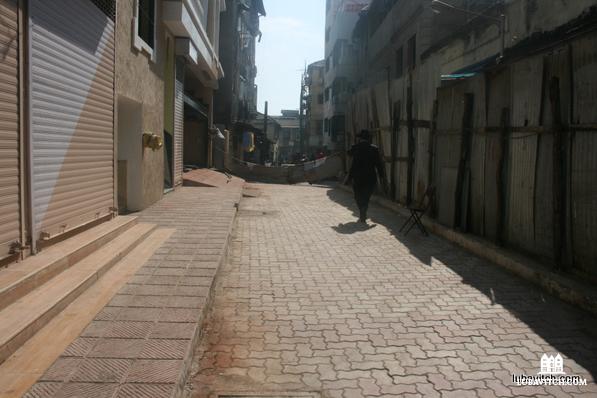
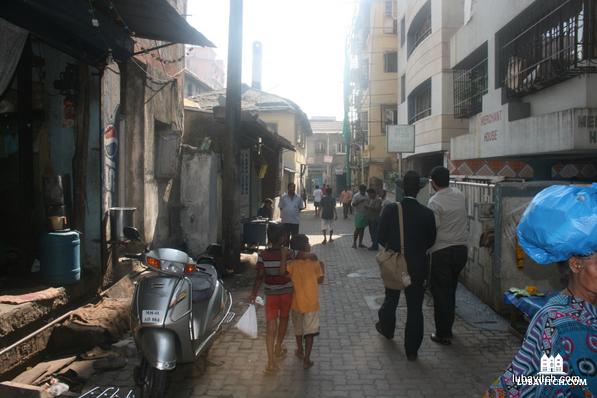
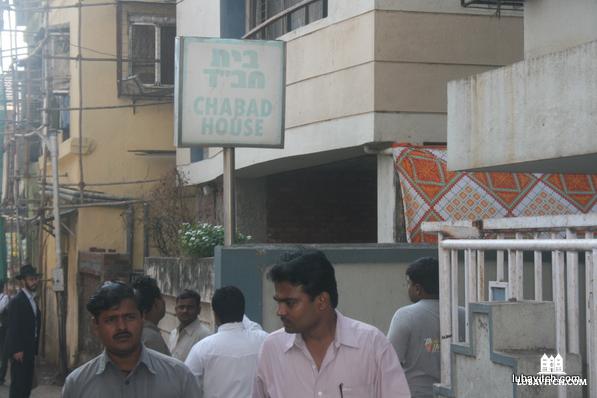
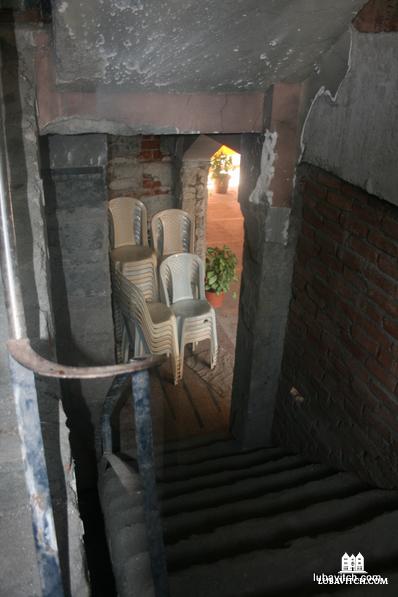
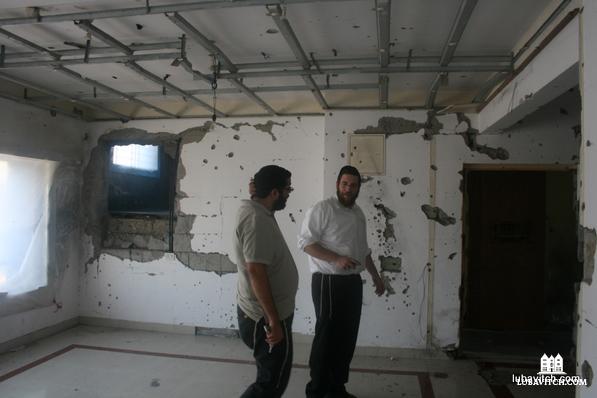
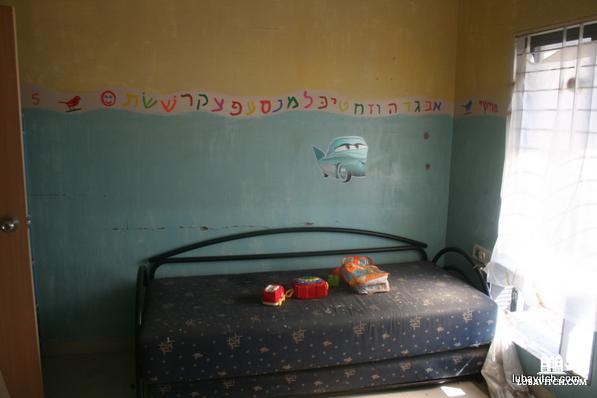
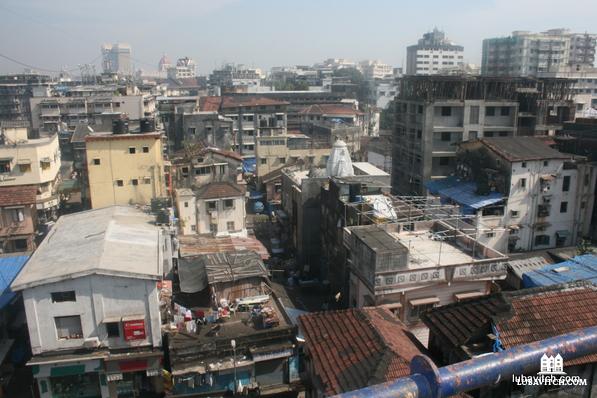
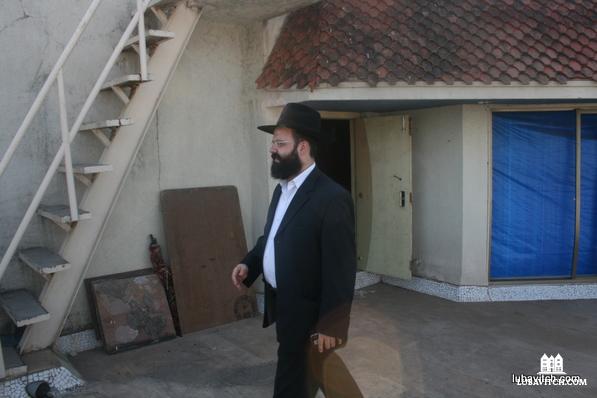
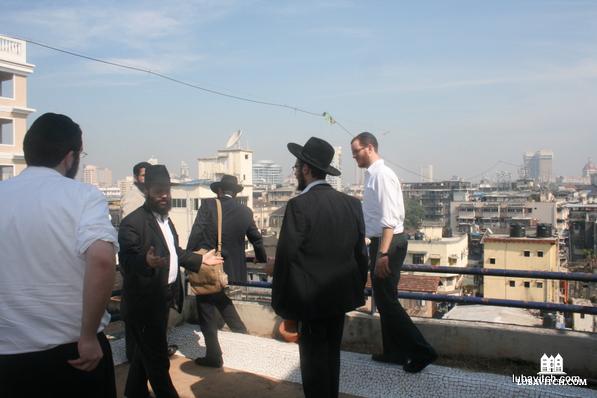
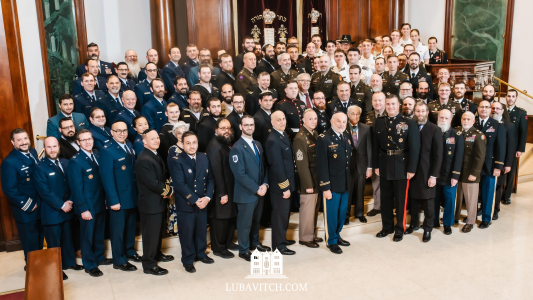
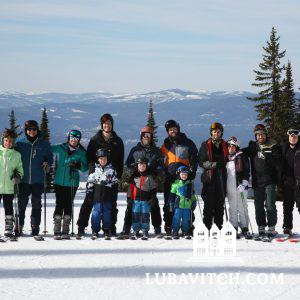
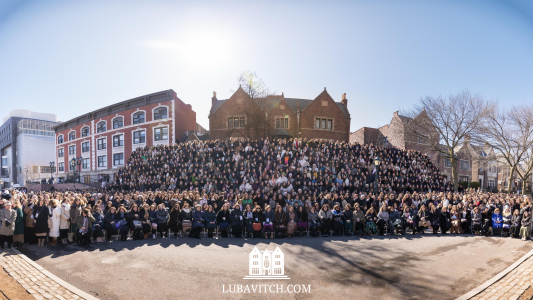
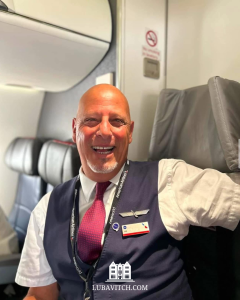
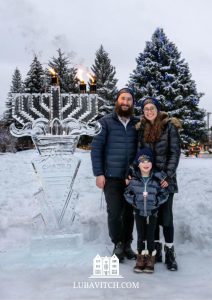
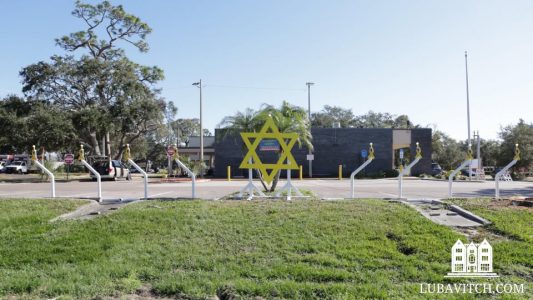

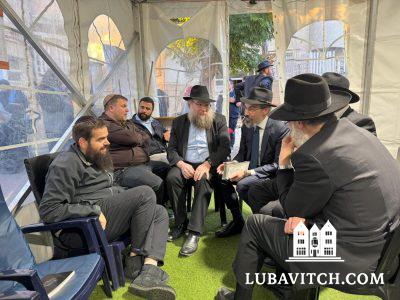

Be the first to write a comment.